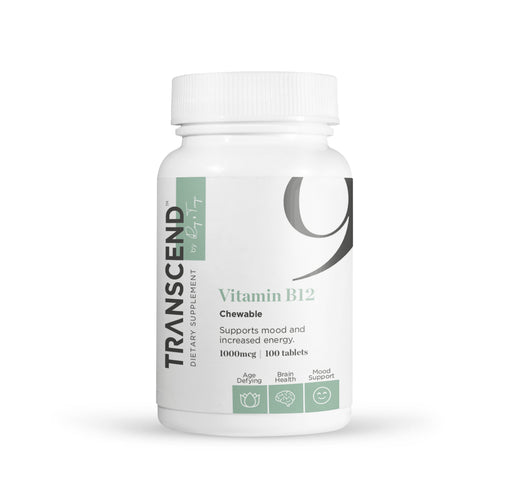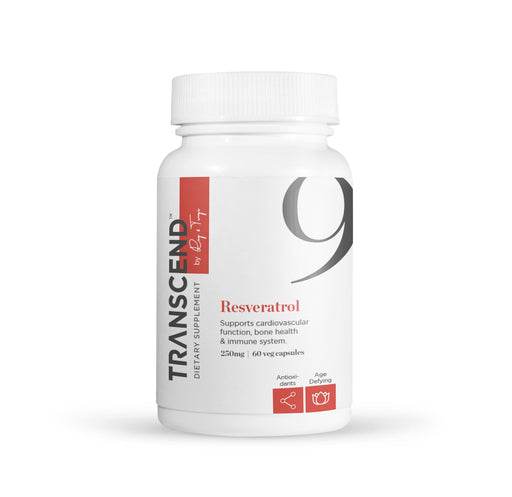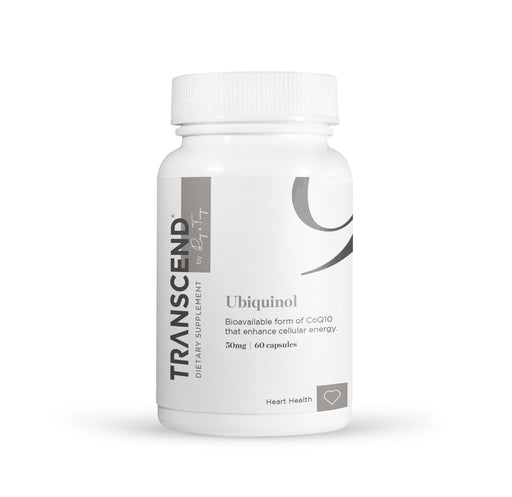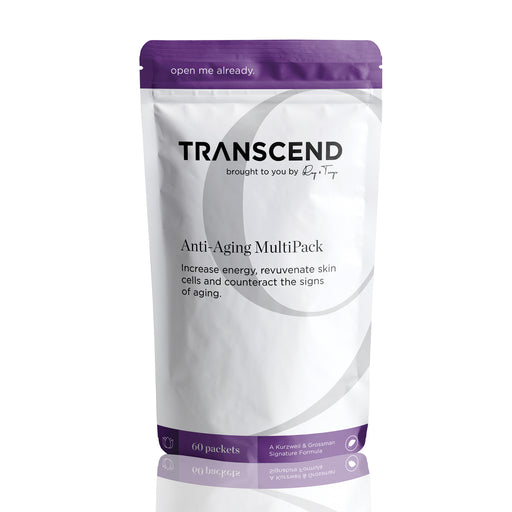
Vitamin B-12, Sublingual
Increased energy Improve mood Fight fatigue Common deficiency Better absorption Vitamin B12 (also called cobalamin) is one of eight water-solu...
View full details
You may have recently seen it cropping up in your local Whole Foods in face cleansers and creams or heard colleagues talking about it around the water cooler as a go-to for anxiety. CBD, a cannabis derivative, is experiencing a surge in popularity as a natural alternative for a range of afflictions, including anxiety, depression, sleep disorders, chronic pain, and a whole host of other ailments.
However, this isn't the kind of cannabis that will have you reaching for a pizza. CBD taps into a psychotropic-free part of the plant purportedly loaded with good vibes. This plant-based wunderkind is already being marketed in a plethora of products (think gummies and breath sprays), and like you, we've been wondering: what is CBD? Is it worth the hype or are its claims to fame just a bunch of smoke?
CBD stands for cannabidiol. As you might be able to guess from the name, cannabidiol is one of the active ingredients in cannabis. It contains phytochemicals known as "cannabinoids."
Cannabis has a well-known "reefer madness" reputation, but CBD contains none of the compounds responsible for cannabis' psychoactive effects. THC, or tetrahydrocannabinol, causes the highs commonly associated with cannabis.
It is believed that CBD works by interacting with our body's endocannabinoid system, a regulatory system made up of naturally occurring cannabis-like molecules. These molecules are naturally produced by our bodies when we feel happy, relaxed, or secure. Though not entirely known, scientific research suggests the cannabinoids from CBD can potentially stop the breakdown of our own cannabinoid system, supporting our body's natural chill pill. Far out.
CBD is often marketed as a health supplement and claims to treat or reduce symptoms of:
CBD products have flooded the market in the form of oils, tinctures, creams, gummies, lollipops, beverages, sleep aids, pet products, and bath bombs—just to name a few. Like any new trend, it could easily be dismissed as a passing fad. But a mounting body of qualitative and quantitative evidence indicates that CBD may, in fact, work.
Though the number of studies to date is limited, medical professionals and organizations are shifting their gaze towards CBD's therapeutic potential. So far, CBD appears promising thanks to its limited side effects.
The most significant advance has been made in the area of treating seizures. In 2018, the FDA approved a purified CBD extract to treat rare seizure disorders after randomized, double-blind, and placebo-controlled clinical trials proved its effectiveness when taken along with other medications.
While this remains the only CBD-derived and FDA-approved drug, numerous experiments are underway to uncover CBD's potential to treat other disorders. Some studies have found positive results correlated with CBD's ability to reduce social anxiety, alleviate the effects of PTSD, and even treat psychosis. Research suggests that CBD can calm the mind and support the hippocampus, the area of the brain that controls emotion and memory. Though the research is promising, it's not conclusive. Many believe we still have a long way to go to determine CBD's viability as a treatment in different areas.
If the jury is still out on the science, what accounts for the recent explosion in CBD products? It may come down to a mixed bag of legalization, wide-spread endorsement, and just plain old demand.
The medical benefits of cannabis have long been touted by supporters. As the plant's stigma dissipates due to its new-found legal status, cannabis is enjoying a sort of coming-out party. This debut comes with both a wider audience and a wider product range.
Of these products, the CBD-focused ones appeal to an existing and wide-spread demand for anything that will aid with sleep, anxiety, depression, or chronic pain. CBD is one more tool for our tool-kit when it comes to managing stress and anxiety. It's just a bonus that CBD comes without the side-effects of prescription medication.
When it comes to CBD, risks seem minimal, while the rewards could be significant. A recent World Health Organization (WHO) report established that, in its pure state, CBD is safe and well-tolerated by people and animals. But "pure" is the operative word.
Quality matters when it comes to reaping CBD's benefits and not all products are created equal. Some of the products on the market today have either negligible amounts of CBD or claim to be pure but actually contain harmful additives. If you're going to add CBD to your supplement stack, be careful when choosing a supplier and product—separate the gimmicks from the real deal.
The times, they are a-changin,' and it's quite possible that cannabis could pave the way for natural wellness in several different areas. The research is ongoing, but some of the science is already very promising—you can stick that in your pipe and smoke it.

Increased energy Improve mood Fight fatigue Common deficiency Better absorption Vitamin B12 (also called cobalamin) is one of eight water-solu...
View full details
Combat internal aging Protect cells from radiation damage Increase antioxidant capacity Take with lecithin for better absorption Optimal dose for...
View full details
2022 update: Future batches of this product will use a Ubiquinol product that is a greenish capsule rather than a red softgel Bioavailable form o...
View full details
A Kurzweil + Grossman Formula Continued Synergy between Science and Convenience Convenient dosage packets Top anti-aging products Increase energy...
View full details
Leave a comment